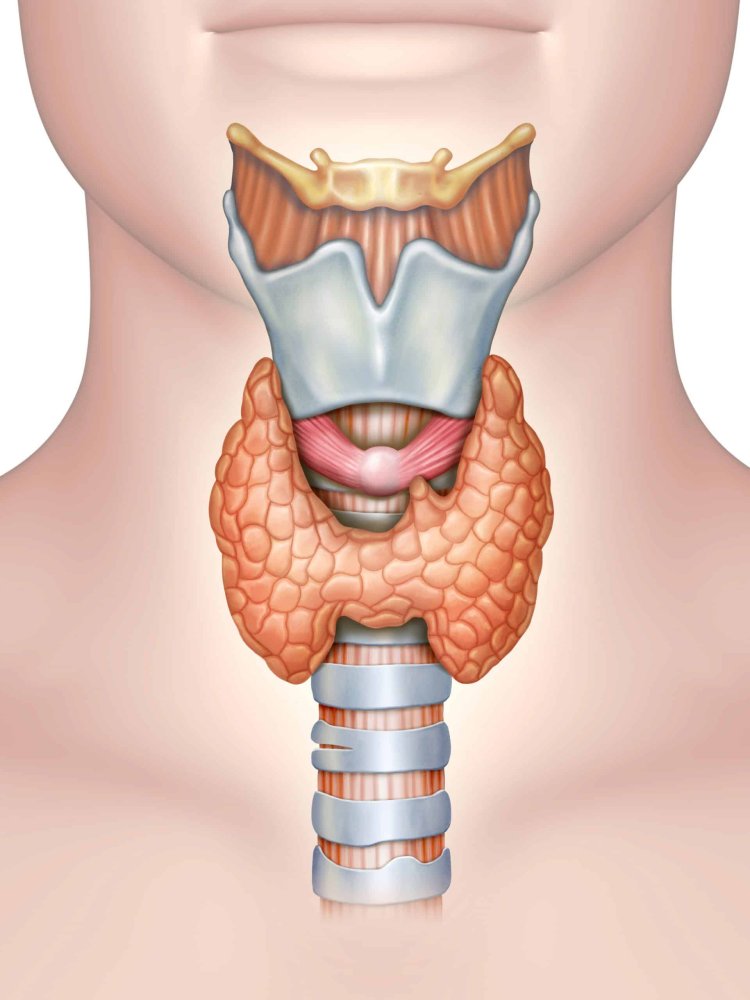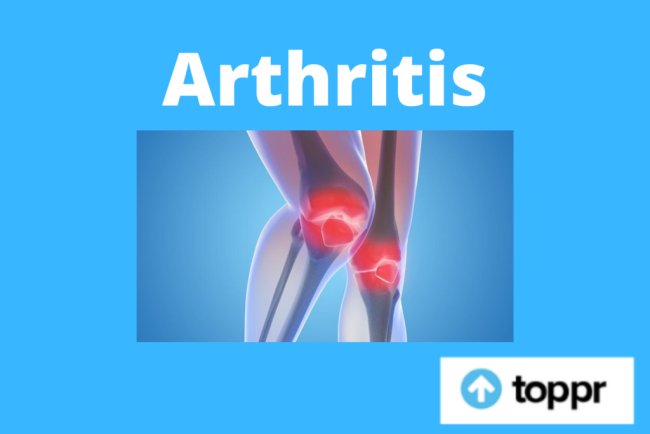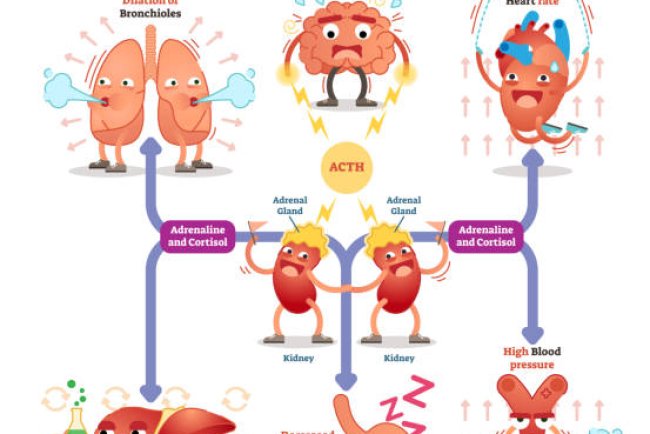Thyroid Disorder
Thyroid disorders can have various causes, and they are often related to problems with the normal functioning of the thyroid gland. The thyroid is a butterfly-shaped gland located in the front of the neck, and it plays a crucial role in regulating the body's metabolism by producing hormones, primarily thyroxine (T4) and triiodothyronine (T3).

What's Your Reaction?















